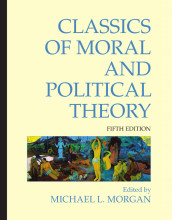The history of the European courts
5 important questions on The history of the European courts
The history of the ECJ demonstrates its increasing involvement in European affairs. Why is this partly predictable?
Why does the Court's limited jurisdiction offer new arguments to those criticizing the EU for its democratic deficit?
Why are the EU treaties generally vague?
- Higher grades + faster learning
- Never study anything twice
- 100% sure, 100% understanding
The EU treaties establish only a general legal framework, giving the EU institutions what?
The Court has made maximum use of this gap-filling opportunity, and has managed over the years to extend its powers and EU competences well beyond their original boundaries, thus fuelling the argument about what?
The question on the page originate from the summary of the following study material:
- A unique study and practice tool
- Never study anything twice again
- Get the grades you hope for
- 100% sure, 100% understanding































